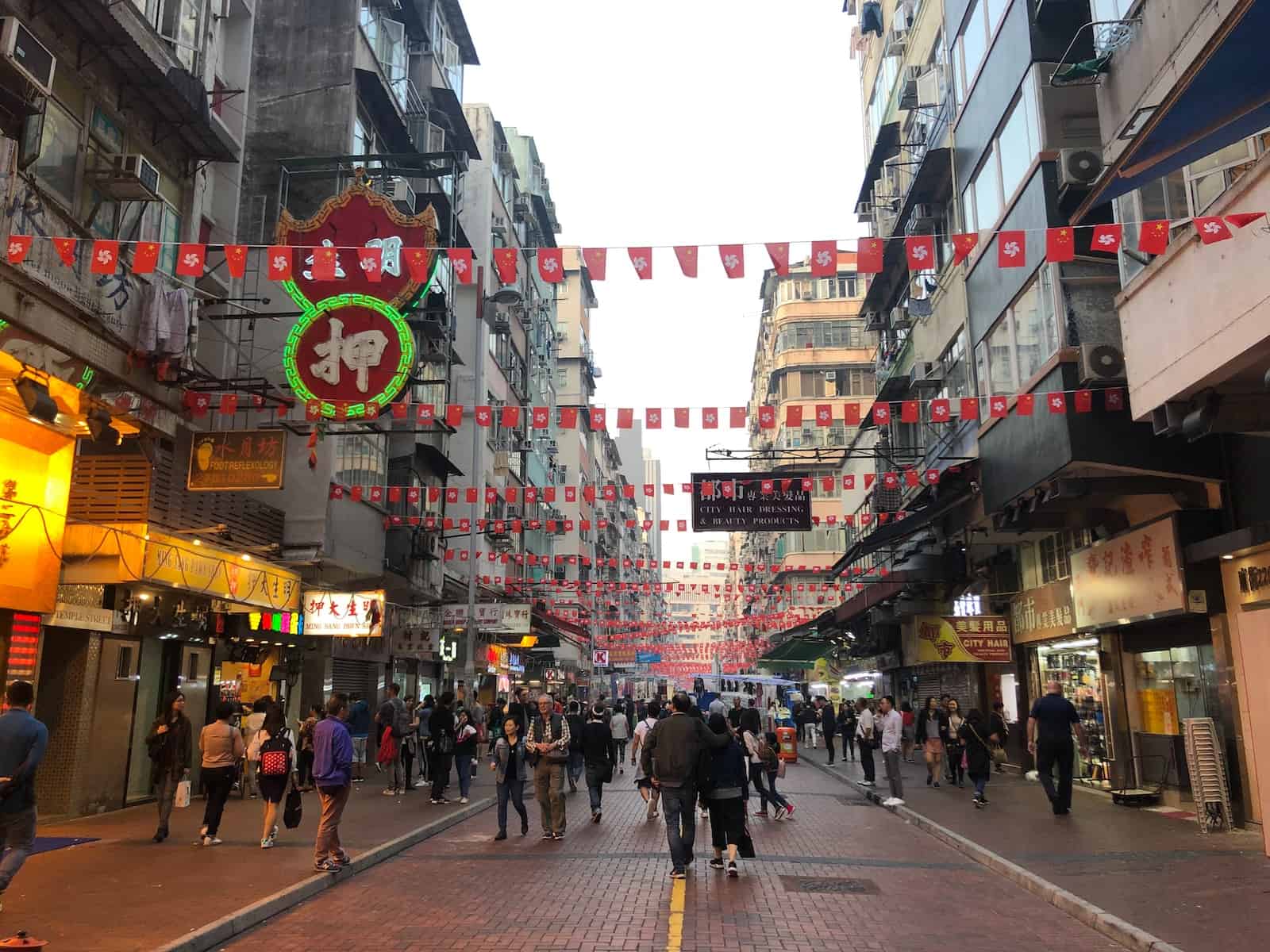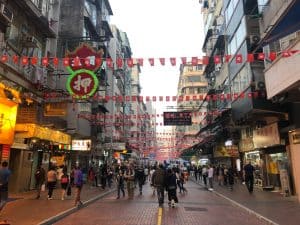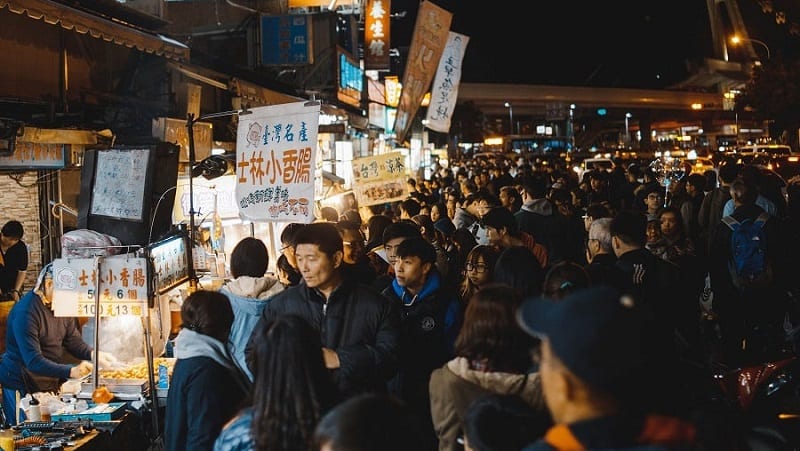How to Haggle in China: A Bargaining Culture
If you’re traveling in China, you’ll encounter plenty of opportunities to haggle on street markets and small shops for goods. Haggling is part of Chinese culture and it can be a fun, and sometimes a necessary activity to do on your China backpacking adventure when buying items. Yet the concept of haggling can intimidate newcomers. Moreover, vendors tend to overburden foreigners while the best deals go to seasoned locals who have been haggling their entire lives.
If you’re new to China’s haggling scenes, here are some tips on mastering the bargaining craft.
1. Select your places
Markets and small shops are generally the places for haggling. Locations such as the silk market in Beijing or the Yatai Xinyang market in Shanghai are locations where vendors will expect to haggle with tourists. If you go there and make no effort then probably you’re going to pay way too much. When you visit shops that are well-established or part of a chain then that is certainly not a haggling place.
Restaurant haggling is uncommon, particularly if it’s a restaurant where waiters take your order. It is possible to haggle for street food, but sometimes the prices are low enough that the wait for your food to save 1 RMB is not worth extending.
Don’t be put off too much by the price tags. It is common for items in the market to have very ‘flexible’ rates on them. This is especially true in tourist areas of the towns. If the on-shelf rates look like a rip-off relative to what you see elsewhere, that is possibly because they are!
2. Go there prepared
Get a feel for your budget before you head in. If you’re going to a popular market then researching about the rates there before you visit it might be a good idea. Though as a tourist it is extremely unlikely that you will ever be getting the same price as a local Chinese.
3. Decide how much you want to spend
Take small denominations to allow you to be price-flexible. This can be a little rude to the seller if you try to haggle a product down to 10 RMB and pay it with a 100 RMB note instead. Divide the money into various areas so it’s not all on display. Showing a street vendor that what you are offering is all you have in your wallet / purse can work well as a technique. They’re unlikely to believe you, but it highlights that you’re not willing to go any higher than the price you’re at right now.
4. Pretend to be leaving
This works best in a market place where the vendor has lots of competitors selling similar goods. If you successfully pull this move off, the vendor will panic and bid a lower price to make you stay.
5. For a great price, buy in bulk.
If you buy more than one item, you will have a better chance of obtaining a discount from the vendor. Which is why taking family and friends along can be a smart idea. Make sure that everyone in the family/group has plenty of time to determine what they want before talks finish. That way, if one person in the group haggles, another will jump in and say something like, “Are you going to give us $10 off both things if we get this too?”
6. Don’t feel too eager.
Do not let the vendor know how much you want it, if a single item strikes your fancy. When they believe you’re going to end up buying it no matter what, they will stubbornly hold to a high price until you give in. Instead, behave like it’s not a big deal for you whether you buy it or not, and if you can’t find a decent deal you will walk away. Stayed confident and hasty when browsing products.
7. Communication tips
Having a calculator in market stalls is quite common there as it makes it easy for both the seller and the customer to switch back and forth and type in prices. If that’s not the case there are some other choices, you can use your phone to type numbers on the screen. If you don’t want to do this then you can easily learn Chinese numbers. Westerners, however, may be very bad at getting the right tones in the Chinese language which can often lead to miscommunication. If you want your price to be absolutely clear, then it’s worth learning how to count on your hands in Chinese.
Some handy Chinese terms for haggling-
Duō shǎo qián – How much money?
Jià gé – Price, cost.
Tài gui le! – Too expensive!
Pian Yi Dian? – Can you give me this for cheaper?
8. Pointing out Flaws
A good technique involves pointing out product flaws to emphasize why it’s not worth as much as they are asking for it. If you are in a large market, you have the benefit of being able to point to other stalls and, probably, lower the price they offer.
Conclusion
So, here’s the deal. Haggling in China isn’t just about getting a lower price. It’s a mix of fun, respect, and a bit of strategy. Whether you’re shopping in Beijing or Shanghai, remember: haggling is part of the experience. Found something you like? Give haggling a try, have fun, and enjoy the memories you’ll make!
Common Questions
Mostly in local markets and street stalls. Big stores? Not so much.
Not really, but it’s a local tradition. Why not join in?
Maybe start at half the price and see how it goes. But don’t go too low; be respectful.
Start Planning Your China Trip Now!
Book Your Flight:
Use Skyscanner to find a cheap flights. A travellers favorite way to book flights, as it searches websites and airlines around the world with one click.
Book Your Bus or Transportation Within China:
There are two ways to book your transporation, ask your hotel or hostel, go to the local bus terminal, or book online, for a less stressful trip using EasyBook or 12go.asia
Book Your Accomodation:
Find the best hotels or hostels at HostelWorld, Booking.com, Agoda.com. Perks include with no upfront payment. Pay when you check out and Free cancellations.
Dont Forget Your Travel Insurance:
Two popular choices are SafetyWing and WorldsNomads. A traveler should buy traveler’s insurance to protect themselves against unexpected events such as trip cancellations, medical emergencies, and lost or stolen baggage. It provides peace of mind and financial protection in case of unforeseen circumstances.
Useful Apps?
Didi/Baidu Maps- Local Transportation
Dingdong/Ele.me- Food Delivery
Whatsapp/Line/Wechat – Communication
Want More Information On China?
Be sure to check out my nomad travel guide on the China for even more tips.
Disclosure: Please note that some of the links above may be affiliate links, and at no additional cost to you, I earn a commission if you make a purchase.
















